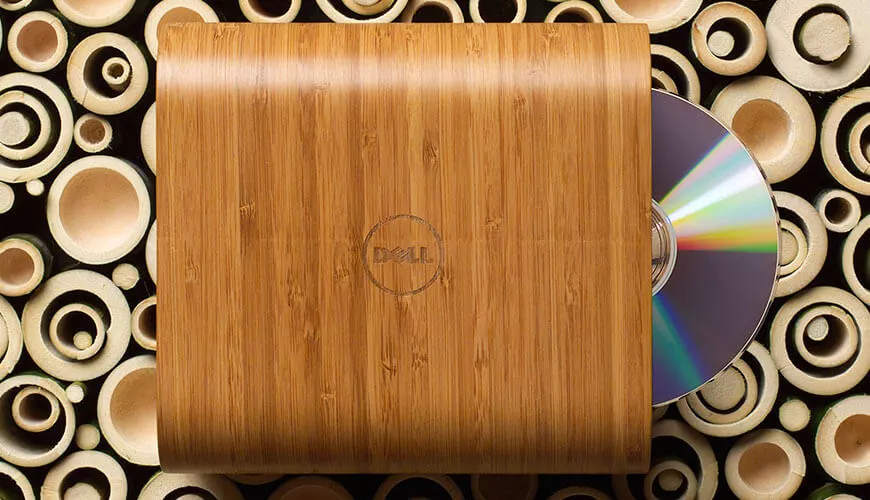Most of the current environmental research and discussion with regards to computing is aimed at the power consumption of the industry, rather than the pollution created through the manufacturing and disposal of hardware. The carbon footprint of manufacturing an IT product is largely unaccounted for. I have found a few companies that are trying to make a difference in these areas and I will outline a few interesting strategies.
Improvements generally fall into these areas:
- Energy efficient servers and cloud data centres relying on renewable energy
- The use of conflict-free suppliers and reduction in the use of rare or hazardous minerals
- Substituting materials where possible with renewable or recycled materials
Some manufacturers are already doing the following:
- Using recycled materials for packaging and cellulose for plastic manufacture
- Sourcing minerals from conflict free areas where mining does not fund armed groups in conflict and where labourers are not abused
- Buying wood for cellulose from non-tropical countries
- Purchasing solder from European countries to avoid tin from Indonesia
- Making the products easier to repair and parts available to avoid throwing the broken product away
Cloud Storage in the Clouds
Despite the fact that only a quarter of the world actually has access to the internet, 2% of global energy emissions currently come from data centres across the world, similar to emissions from global aviation.
Cloud hosting is considered to be the most energy efficient of all server options. Cloud data centres have less overall ecological impact and better efficiency and scalability. 1&1 points out on its blog: "Data centres that are designed for cloud servers have far more effective processes for power supply, ventilation and fire safety, than those available in internal servers. Furthermore, numerous hosting providers use climate-neutral electricity and renewable energy for the maintenance of their data centres."
Both Google and Yahoo have positioned most of their data centres near sources of renewable energy and Google invests in solar and wind projects in the USA and Germany. They have bought the energy company Iowa Wind Power.
A company called Cloud Constellation Corporation plans to build a ‘SpaceBelt’ to create a cloud storage network in outer space, in which data will be stored in at least seven satellites. 2019 is the expected date for the satellites to be in place and tested in 2018. There a few benefits to this, including the fact there is plenty of solar energy in space, spinning disk drives will meet less friction in zero gravity, and drives are unlikely to overheat in the coldness of space.
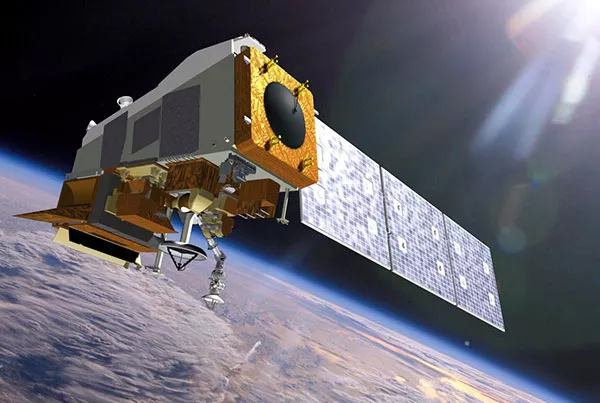
Supplier Accountability
Until optical computers become mainstream all computers unfortunately require heavy metals like gold, tantalum, tin and tungsten. However, manufacturers should ensure that these come from ethically sourced, conflict-free and slavery free mines, and work to reduce the amount of rare or hazardous materials involved.
Friends of the Earth Netherlands is making major IT companies aware of how the Bangka and Belitung islands in Indonesia are being destroyed and miners are dying every week. “All brands use tin from Bangka-Belitung since a third of global tin production comes from these Indonesian islands," said FoE campaigner Evert Hassink.
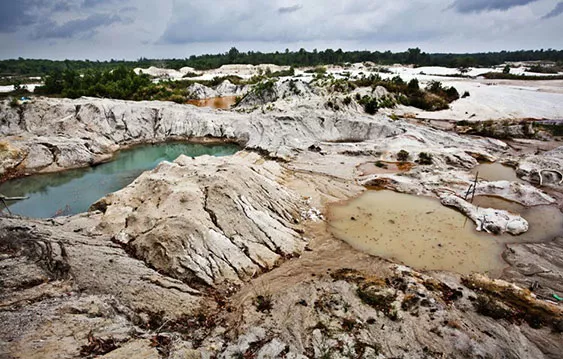
Wonderfully, there are several businesses working to improve things…
Electronic Industry Citizenship Coalition (EICC) is an organization devoted to improving social and environmental conditions in electronics supply chains. They have a process that companies can use to track the origin of these minerals. In 2011, the EICC launched the Conflict-Free Sourcing Initiative (CFSI), which tracks documentation from the smelter back to the mine of origin.
There is a German group called Germanwatch who aim to make companies accountable for their supply chain.
Ethical Computer Magazine have an ‘Ethiscore’ system where they rank electronic companies, which is worth checking before buying a computer. Obviously like any ranking system it all depends on criteria and how much research they have done.
Green Peace also have a guide to greener electronics.
Dell’s approach to responsible sourcing and conflict minerals: “Dell also works diligently to educate suppliers, investors and customers on this issue through speaking engagements, workshops and stakeholder engagements.”
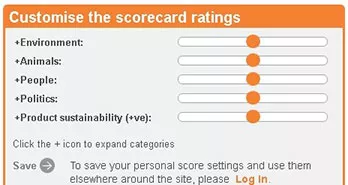
Eco Products
Other than using low powered systems and sourcing the electronic components from responsible suppliers, the other part of a computer that can be sourced ecologically is the enclosure. There are a few companies making cases from bamboo, or laptops from packed layers of recycled paper and pulp materials. This avoids using aluminum or plastic.
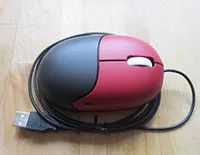
Nager IT mice. This company makes mice with ethically and sustainably sourced materials.
Dell will use waste material from wheat straw for its packaging, ensuring that 100 percent of their packaging is either recyclable or compostable at the end of its life.
The Asus U6v is a Laptop with Bamboo trim. They scrapped their plans to make it fully bamboo because of heat problems, however this model may use a less plastic than otherwise.
The Dell LOOP is a concept computer, where customers purchase the main computer but can rent upgrades and recycle its parts as they need replacing. Dell would take care of repair and enhancements. But I think this is unlikely to catch on as people enjoy buying handsome new products. Dell also provide the option to buy their low powered ‘Studio Hybrid’ encased in Bamboo at extra cost.
Handy Crash is an online German game to make kids think about how IT affects the environment.
And at Resolve we ensure hardware is disposed of responsibily with our Recylcing scheme. Jude explains more here.
